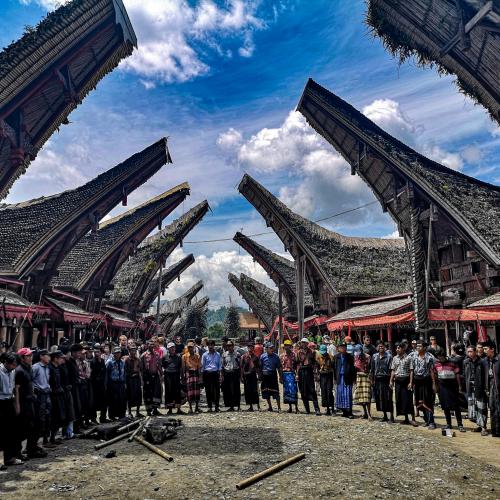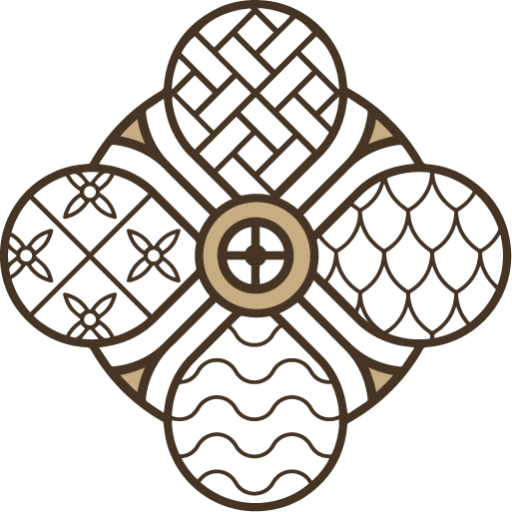Old traditions & Customs of Tana Toraja

As we have been informing you in our previous articles, we would like to create a travel blog that will give you ideas to plan your trip to Indonesia. As an specialized local travel agency we would like to share with your our Knoweledge and passion for this incredible archipielago. In this article we would like to explain you with further details the region of Tana Toraja. So you will have more ideas in order to create your tailor-made trip to Indonesia
Sulawesi Island, with an area covering 174,600 square km, is ranked 4th the biggest island in Indonesia after Papua, Borneo and Sumatra. The old designation for Sulawesi is Celebes.
The culture of Indonesia has been shaped by long interaction between original indigenous customs and multiple foreign influences. Indonesia is centrally-located along ancient trading routes between the Far East, South Asia and the Middle East, resulting in many cultural practices being strongly influenced by a multitude of religions, including Buddhism, Christianity, Confucianism, Hinduism, and Islam, all strong in the major trading cities. The result is a complex cultural mixture very different from the original indigenous cultures.
The Western world has influenced Indonesia in science, technology and modern entertainment. Despite the influences of foreign culture, some remote Indonesian regions still preserve uniquely indigenous culture. Indigenous ethnic groups Mentawai, Dani Toraja and many others are still practising their ethnic rituals, customs and wearing traditional clothes.
Today we will tal about Toraja ethnic group. They live in traditional houses called Tongkonan. And they are known by its unique funeral rites where deaths are often buried in a stone grave carved out of a rocky cliff.
For traveleres, the most shocking maybe is to assist to a funeral ceremony. For Toraja people death doesn’t mean a final farewell. This ceremonies are called Rambusolo. Torajans accept death as part of life. When someone dies, Torajans treat their beloved relatives as if they were sick (Toma Kula). Food, water, even cigarettes are offered to a Toma Kula on a daily basis because they believe its spirit remains near the body and craves for ongoing care. Deaths can stay at home for months or even years until the family can save mony to celebrate the funeral ceremony.
This ceremony (Rambusolo) is the most important one for the Torajans. The last breath of a sacrificial water buffalo during funeral processions marks the official death of a “sick person.” Only then will the soul of the deceased be finally raised to Puya, or the Torajan version for Heaven. The more buffalos are sacrificed, the wealthier the family and the faster a soul will find its way to Puya. There, it will be with God and live a fulfilling afterlife. Without buffalo sacrifices, the soul won’t find its way. If the death person can not be finally raised to Puya it is consifered that all the family will have bad luck all their life.
This funeral ceremonies are not organised for tourists. So we can not guareantee to see it. This is why we recommend to stay in Tana Toraja for 4 or 5 days. So traveler will have more chances to assist to a funeral ceremony.
But Tana Toraja Region has a lot to offer! From the cultural and ethnical point of view is a very rich region but also its an ideal place for nature, trekking and adventure! High mountains, wild rivers, remote villages…this is why we strongly recommend you to do a trekk to better know this area. Its a good and different way to immerse yourself in the real Torajan world. You will feel nature and as well the charm of the Torajans.
We can organize from 1 day trekk to 1 week trekk with different difficult levels, including rafting, overnight in local house, traditional cooking class… You can live an authentic and human experience in contact with Torajans. A real ethnic immersion.






 Suara Air, Lauxury Villa in Ubud, Bali
Suara Air, Lauxury Villa in Ubud, Bali Lia Beach, Togean Islands Resort, Sulawesi
Lia Beach, Togean Islands Resort, Sulawesi Santai Toraja Hotel, Rantepao, Sulawesi
Santai Toraja Hotel, Rantepao, Sulawesi Kelana, Boat Cruise at Komodo
Kelana, Boat Cruise at Komodo